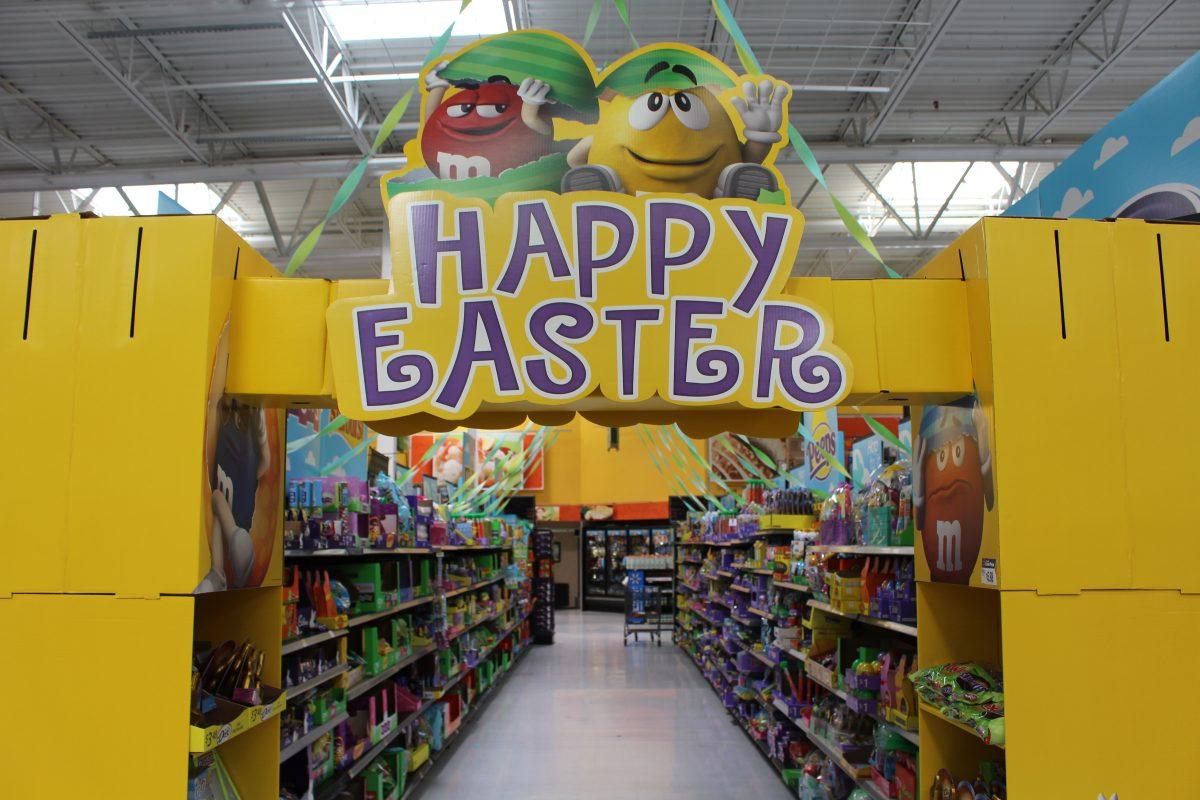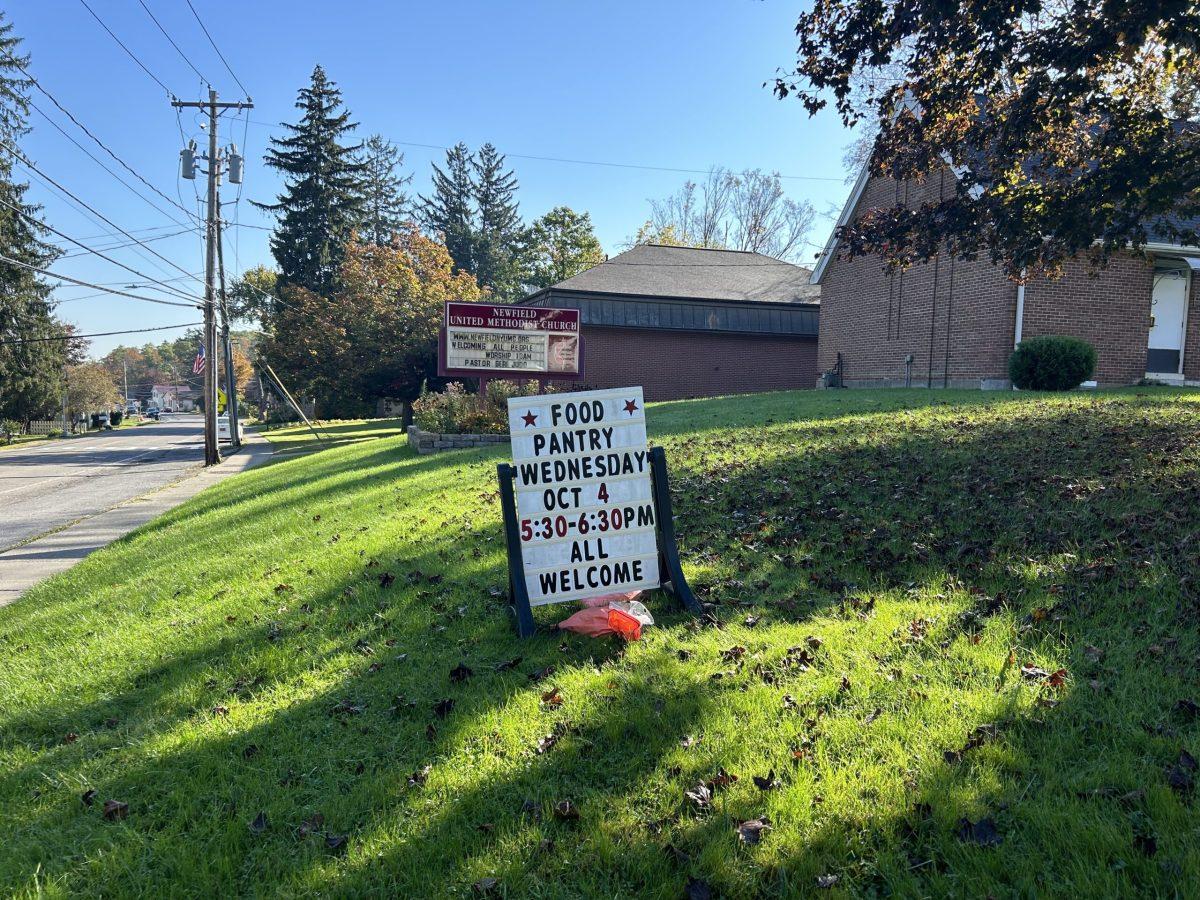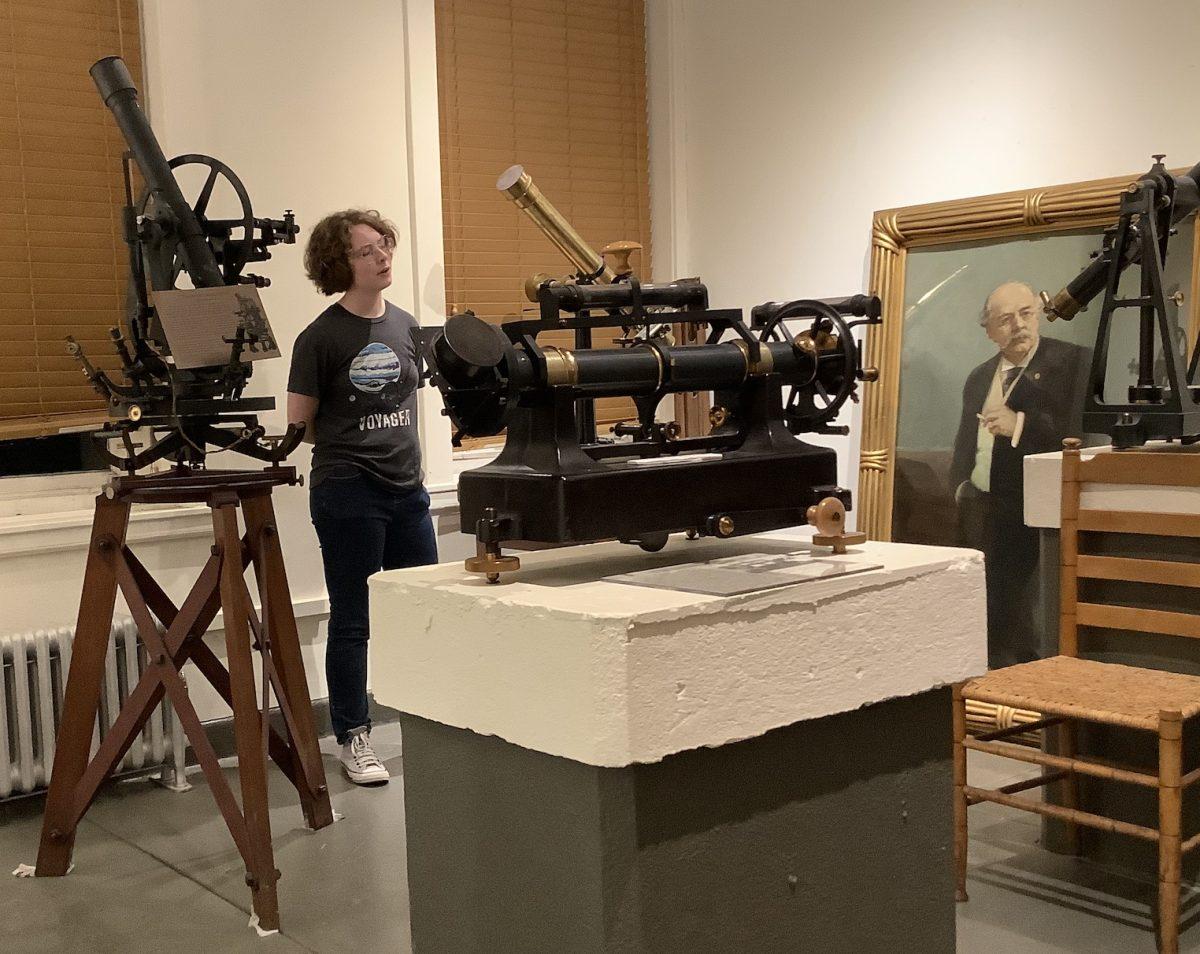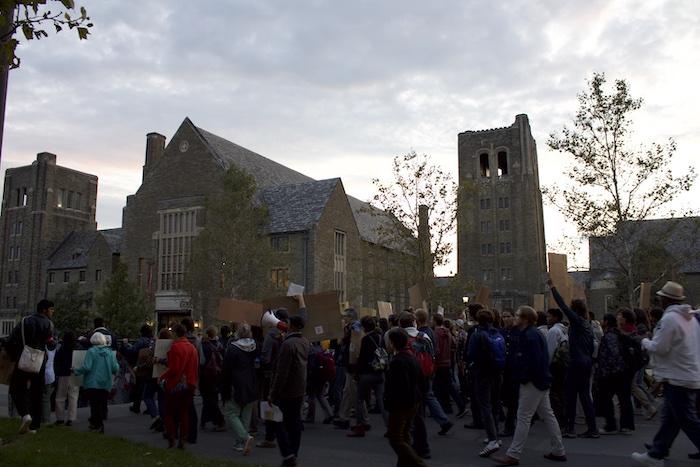April 9, 2017 marks the beginning of Holy Week and the countdown to Easter Sunday, which happens a week later. These seven days are known as Holy Week for Christian religions. Some feel, however, that the meaning of Easter has been lost to the commercialization of the holiday — the selling of Easter eggs and chocolate bunnies — and many forget the origins of the celebration — the resurrection of Christ and a new life.
Easter egg hunts, chocolate eggs, bunnies and the beginning of Spring are what most people associate Easter with, but according to Father Carsten Martensen, Catholic Chaplain at Ithaca College, part of “Easter is the celebration of the resurrection of the Lord, and it has been designated to be celebrated on the first Sunday after the first full moon of the Vernal Equinox, so, therefore, it’s Spring and Spring is a time of growth, of newness.”

He attributes Spring as the reason why we use symbols like eggs and bunnies because they represent fertility and a new life, but does not know how these symbols came about in the first place. He thinks it might because they’re easy to “mass produce and distribute.”
“I think what’s happened is that the bunny and the eggs are used in a sense as the sign of new life, and so the resurrection but it’s become commercialized through these symbols,” he said.
Shella Chance, office manager of the First Baptist Church of Ithaca, says that “[she doesn’t] think it differs much from what we’ve done to Christmas” and that all kinds of people who never even go to church, who don’t profess any religion at all, still celebrate aspects of the holiday, be it participating Easter egg hunts or buying into the products that are out and about.”

She did emphasize, however, that she had never thought of how we mass produce Catholic holidays until she was asked.
“Where the heck did that Easter bunny come from? And how many bunnies can lay eggs anyway?” she said. The egg, if anything, I think it’s renewed life. It is so ingrained in our lived that honestly, I’ve never really had a chance to think about it.”
Fr. Martasen believes that commercialization is part of the culture of the United States.
“Sadly, I think that at this particular point of our national development and history, I think that we’ve become more polarized and become more self-centered and selfish, and it’s going to become more difficult to share and encourage people to celebrate the meaning of any of these holidays,” he said.
Angie Otieno, a junior international student from Kenya at Ithaca College, said that she had never experienced Easter the way the U.S. celebrates it.

“I had heard of Easter egg hunts, but they are not done back home. For us the celebration was about being with family and being aware of new beginnings,” she said. Otieno also added that she had never seen anything like Peeps, marshmallows in the form of little birds, and why they are so associated to spring and Easter alike.
“I think a lot of people forget that Easter is a Catholic holiday thanks to the emphasis on candy and the act of buying things,” Otieno said.
Fr. Marartsen believes that the first act of bringing back the true meaning of Easter to the mainstream starts with the individual.

“Each of us has to look at ourselves and think personally how we live our lives, to see if we can live our lives in the hope of the resurrection and recognize that yes there is pain and sorrow and suffering in the world,” said Maratsen. “And part of that, maybe, starts with publishing or broadcasting the meaning of Easter better, both personally in our lives bus also beyond that by using the media.”






